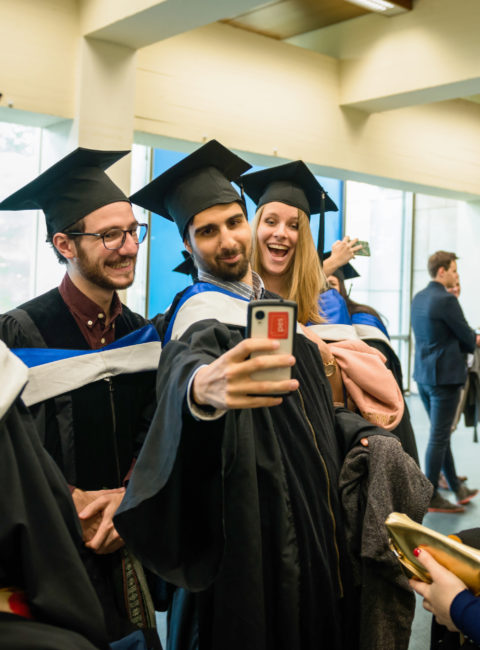Advanced Master in EU Interdisciplinary Studies
The Advanced Master in EU Interdisciplinary Studies is a 60-credit course in English organised by IEE-ULB.
The uniqueness of this Advanced Master lies in its interdisciplinarity.
This specialised programme aims for a reflection on European political, economic, social and legal integration issues.
A clear focus on career development is one of the main features of this programme. An innovative seminar is organised to offer students the necessary skills to develop a professional project and a career plan.
The programme of the Advanced Master in EU Interdisciplinary Studies
The curriculum of this Advanced master’s degree is not for initiation into the topic, but for an in-depth study of the proposed themes. A fundamental module of compulsory courses allows for an understanding of European integration.
Then, the student can choose between 3 thematic tracks:
- Economic Governance and Policies in the EU
- Migrations, Rights and Policies
- EU integration, Regionalism and Global Governance
Download the brochure for this Advanced Master’s degree.
Internship is compulsory. Students write a final dissertation based on the professional experience acquired through the internship and the seminar on career development.
Students of this Advanced master’s degree can benefit from an annual student exchange program and of an international academic chair in Comparative Regionalism, both part of an agreement with the Waseda University (Tokyo, Japan).
Professor Chloé Brière is the academic coordinator of this Specialised Master
Objectives
The goal of this programme is to develop the skills of the student. By supplementing their training with a high level of expertise, they are better equipped to understand how EU policies function. It aims to train the experts of the future, developing skills in analysis, synthesis and debate.
Career prospects
This Advanced master’s degree prepares people for a career in:
- European, national or local institutions
- private companies
- interest groups and representations
- NGOs
- media and communication.
Testimonial
“The Institute for European Studies gives us the possibility of building connections… It’s a community of students and researchers most of whom are passionate and fascinating” Bastien Charaudeau, class of 2016-2017
Go further
This Advanced master’s degree is reserved for holders of a University Master’s degree (graduate). To learn more about the admission procedures, take a look at the specific page.
All your questions about this programme are answered here.
Any other questions? Make an appointment with one of our representatives
